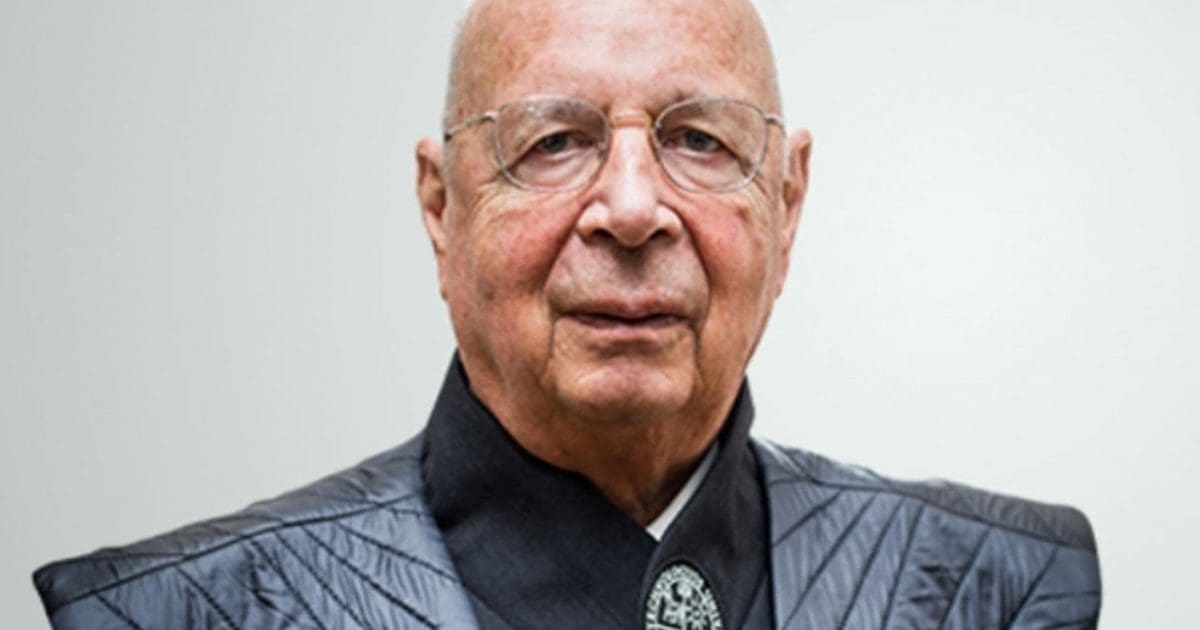It isn't a done deal, the proposed legislation has a lot of people offside, even rusted on career clockwatchers in Parliament are aghast at what Andrews wants to push through.
If it does get through, Andrews will be crucified at the next election and Labor will be unelectable for decades.
If it does get through, Andrews will be crucified at the next election and Labor will be unelectable for decades.






Comment